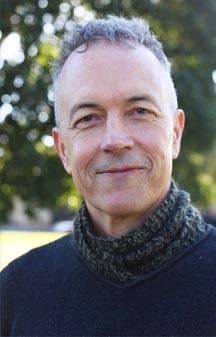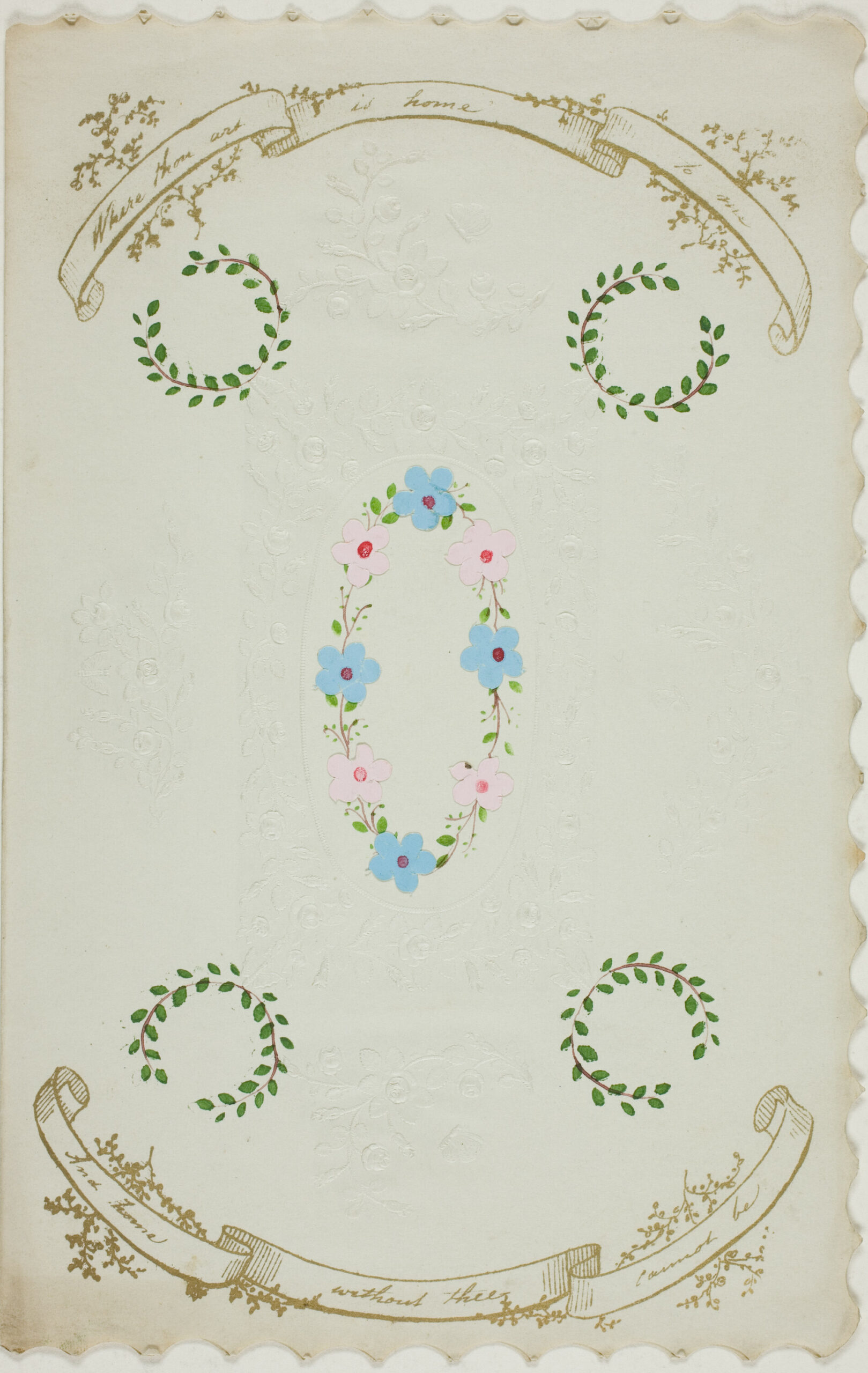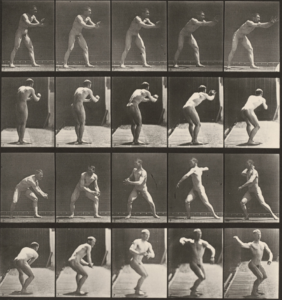Grief
by David Carlin
Early on Christmas morning I walked along Fairhaven Beach toward the estuary. The beach was deserted. Over the horizon, far away, Antarctica and its ice. The tide had brought the foamy edge of the waves as high as they would come this morning, and they were now weakening their hold on the contested strip of sand that was at some hours land and at others ocean bed. The night waves had left their calling card (or whatever is the 21st-century equivalent), the familiar line of marine detritus: pappardelle seaweed, mini-surfboards of cuttlefish, creatures that have died or are about to die in the unforgiving sun. A crab, a perfect crab that looked alive as could be, only slightly stiff and flattened and unwary at my approach. Its legs and pincers were arrayed in such perfect octagonal symmetry that my brain confused it with a spider. There is a dead spider on the beach, I thought. But there is such a creature as a spidercrab, so my brain might have been almost right after all. You shouldn’t be here, I thought, addressing the crab. You shouldn’t be here, dead and perfect on the beach. What brought you to this death?
Fifty meters further along the graveyard scene intensified. A fairy penguin, smaller than the span from my elbow to my fingertips, was stretched out on the sand on its side facing the ocean, its back arched in youthful vigor, its little chest puffed and its webbed feet extending from its torso as if they could still feel the currents and waves of the sea that had deserted them, slipping away like a thief toward Tasmania. Why are you here, little penguin? You should be out swimming. You don’t look sick or old. You look perfect, like the crab. What is wrong with you, dying here on this Christmas Day beach? I don’t bury you—coming from the ocean it doesn’t feel right to bury you in the earth. Plus I don’t want to touch you, I only want to extract your pathos and keep on with my day. I do grieve for you, little perfect penguin, or else you become a way for me to grieve for the illusion that at some point in the future everything will be okay again.
Last year on Christmas Day there was a huge bushfire in the district further down the coast, burning down beloved holiday houses and less-intensely-cared-about forests. This year it was a school of sharks, 25 of them spotted by helicopter. Our friend Fergus, only 18 years old and recently granted greater responsibility at the surf club, put up a special red and white checked flag at Fairhaven and a sign saying that the beach was closed. He dashed to and fro across the sand, trying to persuade people not to swim. The East and South Asian tourists politely asked if there was another beach they could visit nearby that would be free of sharks, but the locals brushed aside the threat. Fergus was having a bad day. Worse than the sharks was the racism, he said. One (white) bloke had told him: “You’d better watch out, mate, there are 40 Muslims heading down here to the beach.”
Fairhaven is far enough away from the city to be a sanctuary for the white and privileged. The carloads of tourists are tolerated because they are spending money in the shops. But if I took my African-Australian friends to the surf club for dinner (with that fuck-off view) they would stick out like the proverbial. Of course, all the regulars would be polite, being well brought up (civilized, my beloved grandmother would have called it), but there would be a few wry raised eyebrows, a few sly jokes—“Harmless! Don’t come all politically correct on me!” They can sign in as temporary members. Temporary whites. I squirm in this uncomfortable recognition.
Penguins must be dying all the time, but I’d prefer it if they died out of sight and out of mind. It is hard enough already to achieve the feeling of tranquility that walking on a beach is expected to produce. My eyes are always drawn to the line the high tide etches into the bottom of the sand dunes. The winter storms shift the line a little higher every year now so that the Council has to come and shift the fence-posts.
Perhaps right-wing political warriors who think climate change is some kind of socialist conspiracy refuse to grieve. They refuse to notice what is lost or dying. Or else their anger comes from a different loss they can feel coming: the license to conquer, subdue, extract, control, subdivide, excavate, demolish, have dominion over, lay claim to—the license for every man to pretend himself a little sovereign.
History begins with grieving. We know humans have lived with dogs as companions for 12,000 years because evidence of elaborate dog burials dates to that time. We know humans have loved dogs all that time because we know they mourned for them.
I like a good cry.









